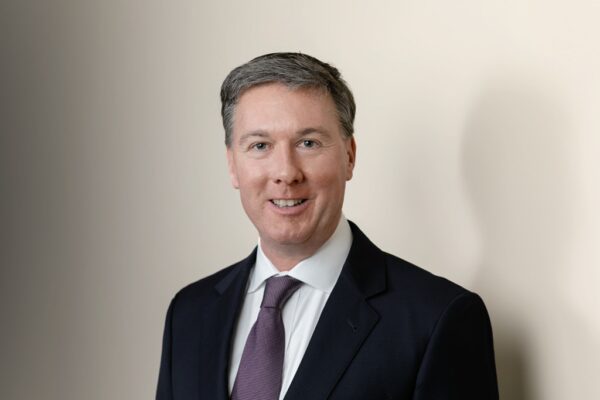Advisor Spotlight: Thomas Beirne III
Beirne enjoys working with charitably-minded clients and gives back himself as a board member of the Gateway Community College Foundation.

Thomas Beirne III loves how his clients’ ideas about charitable giving take shape. Some clients hope to carry on a tradition started by earlier generations. Others have an epiphany after volunteering at a local community theater or hospital, or by becoming involved in a cause they care deeply about.
"They always arrive at the same question, 'How do I make a difference?’” said Beirne CFP, Vice President, Senior Wealth Planning Officer and Business Development Manager at Washington Trust Wealth Management in New Haven. “That’s where The Community Foundation for Greater New Haven comes in.”
“The Foundation staff has an extensive knowledge base,” said Beirne, who has worked in wealth management for more than 25 years. “They have their ears to the ground. They hear from constituencies sometimes who don’t have the loudest voice or maybe have an incredible need. So that is where we can deliver extra value and power for our clients.
When Beirne thinks about his own community involvement, he recalls a day when Bill Curran, a New Haven philanthropist, said, “Tommy, let me tell you about amazing place I’ve just visited.” He told Beirne about the recently opened Gateway Community College’s downtown campus and how “the level of hope and passion in those halls was breathtaking.” Beirne developed a connection with the college and its students, and he now chairs their Foundation Board.
“At Gateway, we accept $250 scholarships because that makes a real difference to a student…the difference between being enrolled or having to unenroll and work,” he said. “I don’t think people realize the margin for many people we are concerned about and are trying to help is very, very thin.”
Partner with us.
